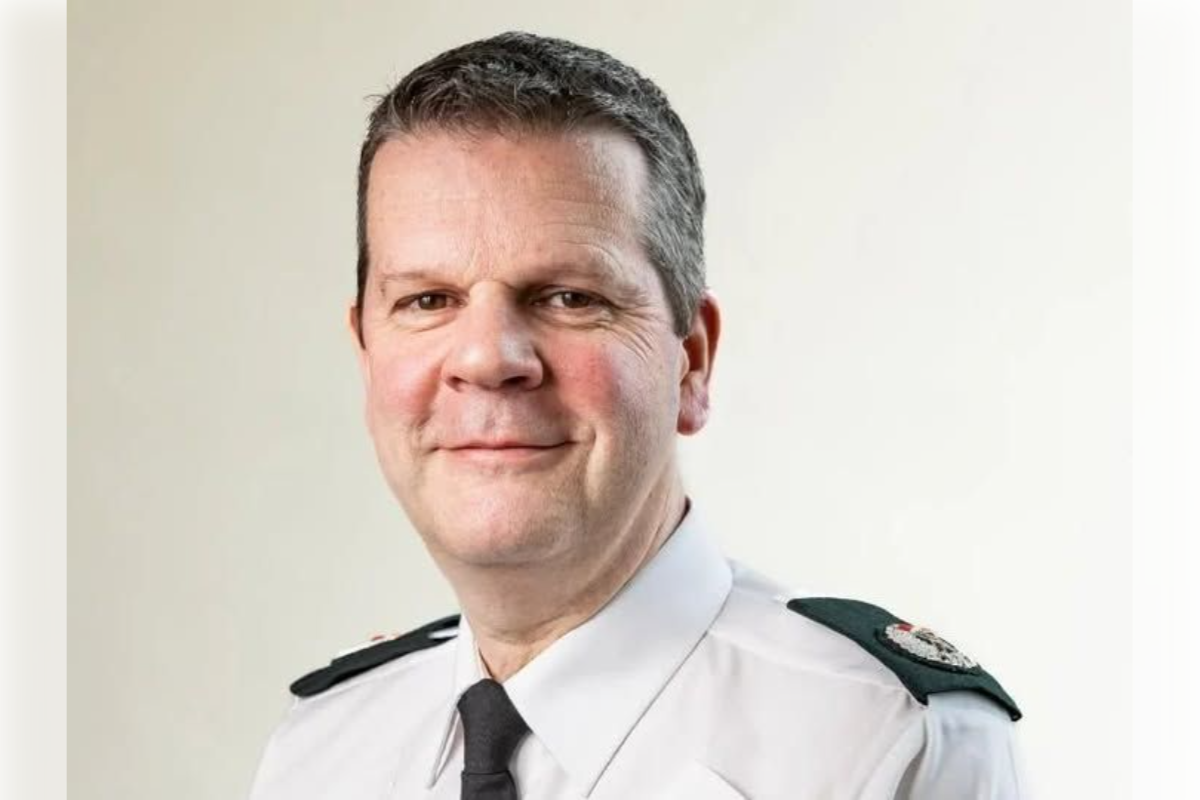
Maintaining police officer and staff numbers in spite of budget pressures is a top priority for Humberside Police’s new Chief Constable.
Chris Todd took over heading the region’s police force from temporary Chief Constable Judi Heaton QPM seven weeks ago. He spoke to the LDRS about recently-revealed reduced crime figures for the force area, its priorities for the year ahead, and how technology is changing policing.
“A priority for me is maintaining our police officer and staff numbers,” Chief Constable Todd said. He noted efficiency savings will need to be made over the next couple of years “in order to balance our budget” to achieve maintaining numbers.
He also emphasised the significance of 38 new neighbourhood police officer and police community support officer (PCSO) roles coming in. He expected a large number in place by this summer.
Humberside Police’s new head pointed to having the right team as among three factors helping produce reduced regional crime figures in 2024. “We need to maintain numbers across police officer and police staff areas.”
“Across the country at the moment, you’ll see pressures in policing,” Chief Constable Todd said. Officer number commitments by Governments lately came with caveats. “If you’re unable to address those, then it’s difficult to sustain those numbers.
“We’re lucky in Humberside Police that we have been able to do that,” he said. It benefited from previous officer uplift, and will now get 38 new neighbourhood team officers through the neighbourhood policing guarantee.
“Over the next couple of years, in order to balance our budget, we need to make some efficiency savings so that I can be sure that I don’t need to lose any officer or staff numbers, and I can maintain that effective team that’s delivering performance so well at the moment. That’s my real priority.”
Humberside Police will receive £270.5m in direct Government funding in 2025/26, a 6.8 per cent increase compared to the year before. Overall funding to police forces in England and Wales is up £1.2bn compared to the year before for 2025/26.
Chief Constable Todd said the 38 new neighbourhood policing recruits were to be split across the Humber so all areas benefited. There will be additional schools officers, recruits to the force’s Clear, Hold, Build team – which has priority areas in Bridlington, Orchard Park in Hull and Nunsthorpe estate in Grimsby – and more officers for the force’s rural teams.
“I anticipate that we’ll have a large number of recruits in place by this summer, so we’re moving quite quickly on it.” The force worked closely with the Home Office to ensure it could use the £3.2m Government funding for this recruitment as quickly as possible.
As a personal priority, Chief Constable Todd stated: “I have to deliver that constant, consistent, clear ethical leadership to ensure that the environment for all of our officers and staff is the best it can be so that they can thrive at what they do.”
Chief Constable Todd spoke of the possible efficiencies technology created, and how it affected every type of crime.
“We’ve got a number of areas where we use technology to good effect.
“Our force control room is one of the best, if not the best in the country, and technology sits behind our ability to answer calls there and deal with them in the most effective way.” He also picked out video technology as a way to improve engagement with victims, witnesses and those who report crimes, and AI’s potential to automate police transactional processes. Humberside Police’s latest budget, agreed to before Chief Constable Todd came in, also committed to investment in drones, and automatic numberplate recognition.
He continued: “Where we can create efficiencies by better use of technology and take some of the bureaucracy and transactional work out of the system, that’s where we free up our people to make better use of their time, investing that in sitting down with victims, giving them the attention and support that they need. Dedicating more time to our investigations so we can improve the quality of our investigations, these are all the human endeavours that policing requires and those will never change.”
“There’s no crime now which doesn’t have a digital footprint, including a straightforward assault,” he said, noting the likelihood of CCTV or phone recording of the incident. Demand on policing to process digital forensics like this “has increased exponentially over recent years, and I don’t expect that to change,” he said. “That’s one area where we really need to use technology to good effect,” he said, to process the digital information quickly.
“Every crime has shifted to a degree,” he said of technology’s impact, giving as an example that vehicle crime people can use technology to access cars rather than breaking a window. He also noted online crime. “That’s where vulnerabilities can be exploited, be it those that are vulnerable to fraud, for example, and those that are vulnerable to sexual exploitation online.”
It was an area the force had built specialist teams and dedicated resources to. “Again, that’s why it’s really important to maintain those officer and staff numbers.”




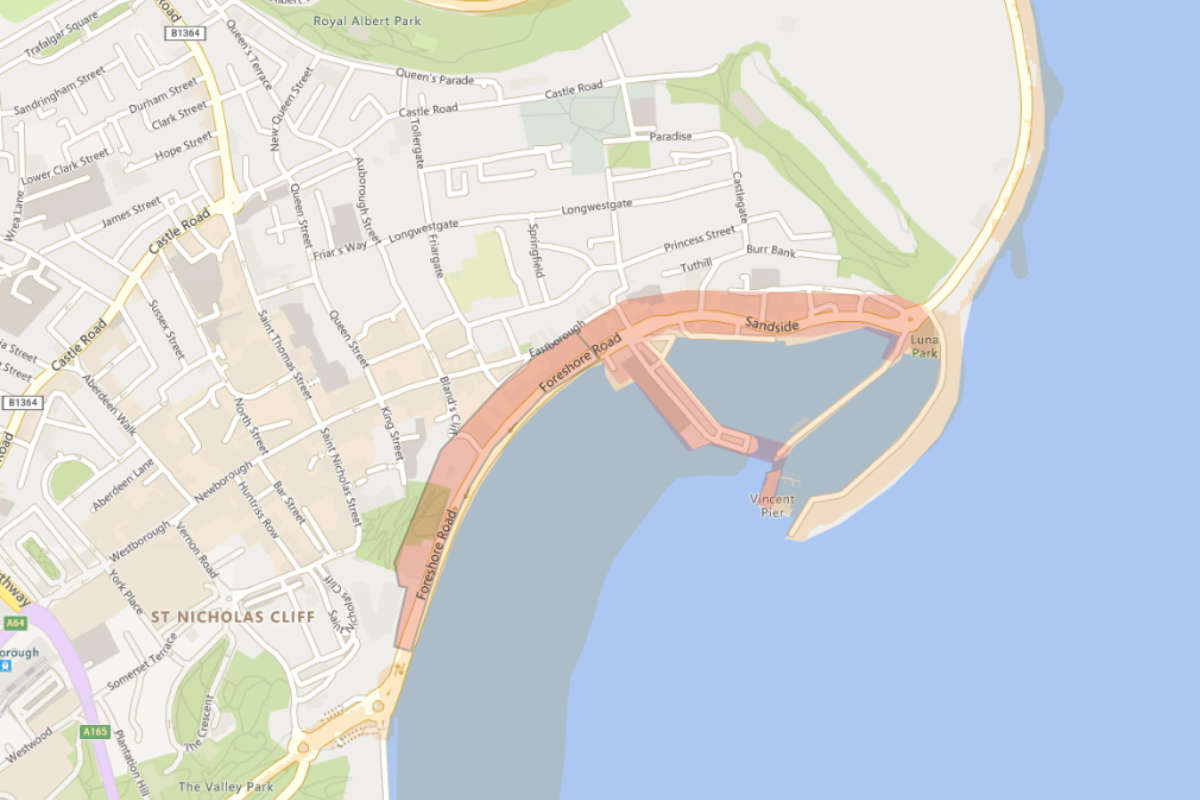 Flood Warnings Issued For Scarborough's Sandside & Foreshore Road
Flood Warnings Issued For Scarborough's Sandside & Foreshore Road
 East Riding Council Facing "Tough Decisions" as New Operating Model Signals Looming Redundancies
East Riding Council Facing "Tough Decisions" as New Operating Model Signals Looming Redundancies
 Location for Scarborough's 400th Anniversary Sculpture Confirmed
Location for Scarborough's 400th Anniversary Sculpture Confirmed
 New Chief Exec for Yorkshire Air Ambulance
New Chief Exec for Yorkshire Air Ambulance
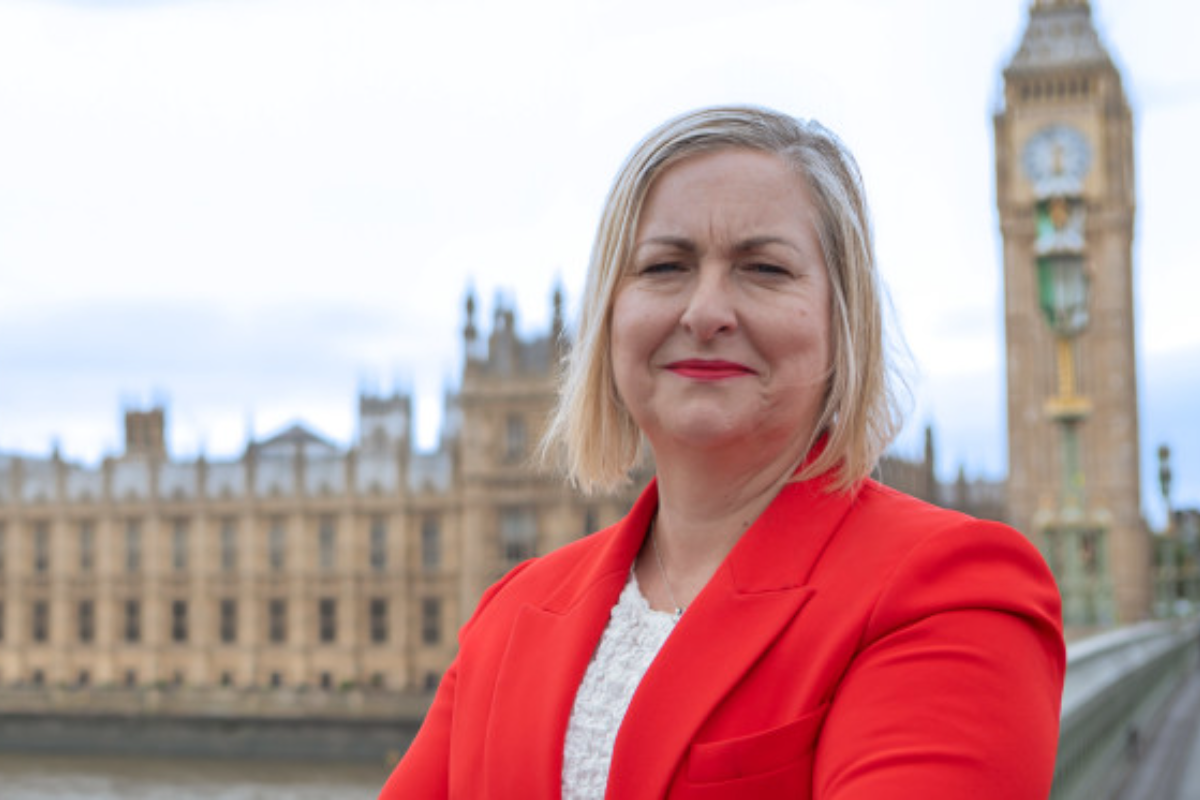 Scarborough and Whitby MP Presses for Burniston Fracking Decision to be Delayed
Scarborough and Whitby MP Presses for Burniston Fracking Decision to be Delayed
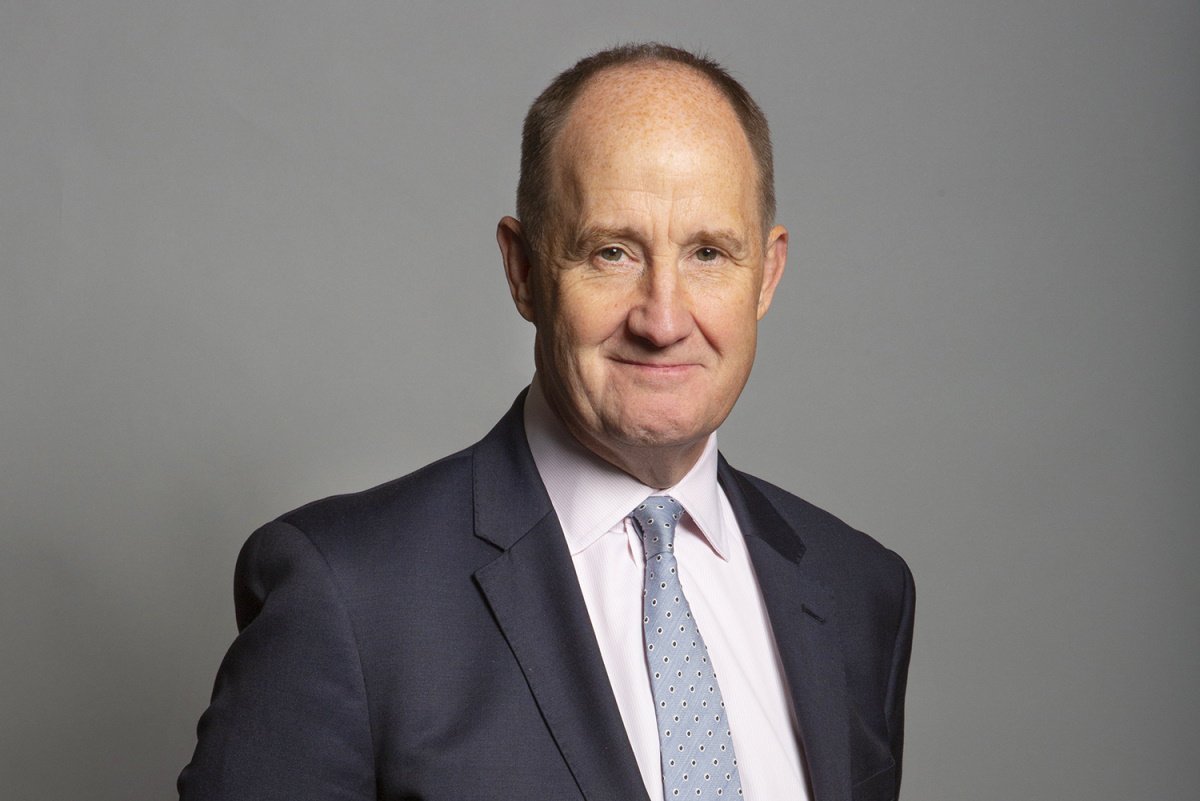 Pickering and Filey MP Criticises Government for ‘Unfair’ Rural Funding Settlement
Pickering and Filey MP Criticises Government for ‘Unfair’ Rural Funding Settlement
 East Riding to Introduce Weekly Food Waste Collections Amid Long-Term Funding Fears
East Riding to Introduce Weekly Food Waste Collections Amid Long-Term Funding Fears
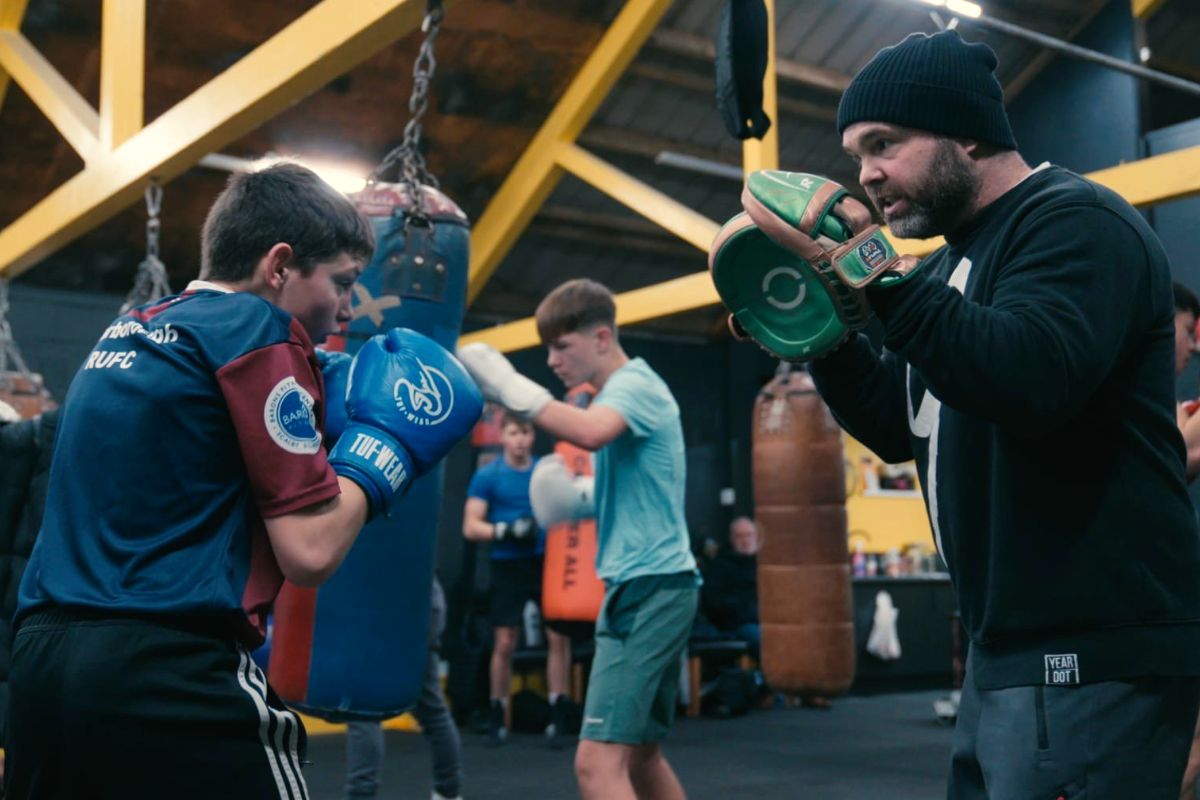 Eastfield Boxing Club Film to Get Scarborough Premiere
Eastfield Boxing Club Film to Get Scarborough Premiere
 Scarborough Athletic Stunned By Minnows in Senior Cup
Scarborough Athletic Stunned By Minnows in Senior Cup
 Whitby Town Again Hit By Second Half Slaughter
Whitby Town Again Hit By Second Half Slaughter
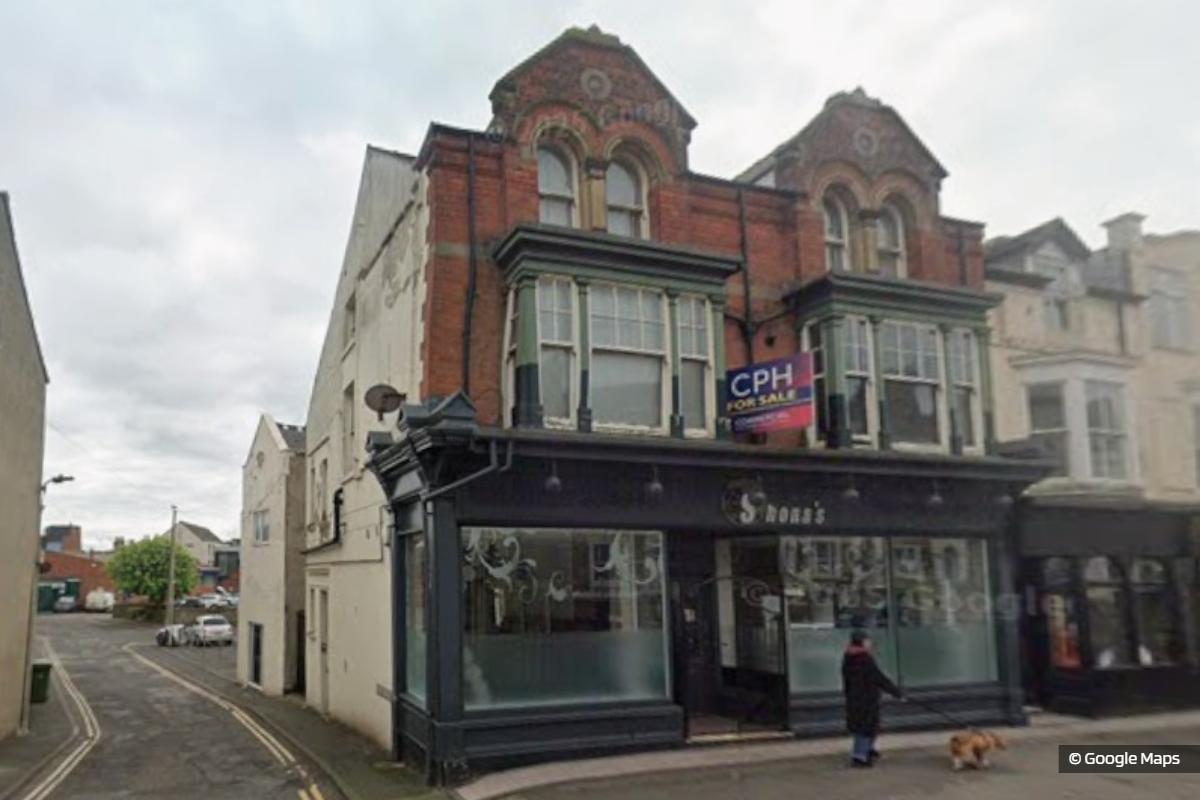 Scarborough Café and Flat Plans Opposed by Town Councillors
Scarborough Café and Flat Plans Opposed by Town Councillors
 Bridlington Town Beaten Again Despite Improved Showing
Bridlington Town Beaten Again Despite Improved Showing








Comments
Add a comment